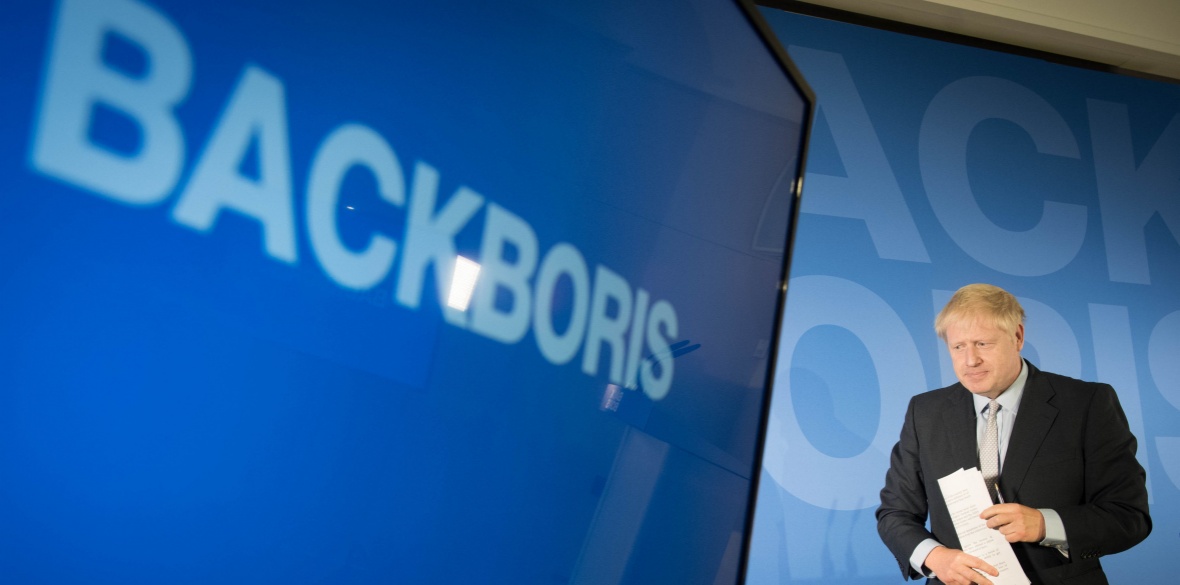WHAT are we to make of the suggestion by Tory grandee Kenneth Clarke that he would bring down a Tory government if Boris Johnson were to engineer an exit from the EU without first reaching an agreement with that organisation?
Kenneth Clarke is Father of the House, a veteran class warrior on behalf of the capitalist class.
He has served every Tory prime minister in his parliamentary career and held ministerial office in the health and education ministries, the Home Office and as Chancellor of the Exchequer.
Every Tory policy promulgated over the 18 years in which he served Margaret Thatcher and John Major bears his fingerprints.
Three times a contender for the leadership of the Tories himself, Clarke is not a runner this time.
This releases him from the obligations that constrain the expressed views of the remaining candidates which — to varying degrees — reflect not what they individually want but what they think their electorate, a diminished band of Tory Party members, desire.
A leader of the (West) German union IG Metall once said that in negotiations the workers always had a secret negotiating partner.
This was the socialist German Democratic Republic where guaranteed full employment and a solid cradle to grave “social wage” meant that Germany’s capitalist class had to maintain a relatively benign social system over the part of the nation it ruled.
In what increasingly looks like a one horse race to become Tory leader there is a silent factor.
That is the conviction held by many in the Tory Party, by members of the commentariat and by anyone who can count that Jeremy Corbyn is likely to become the prime minister to succeed whoever the Tory contest throws up.
Boris Johnson is the frontrunner in this race not because the Conservative MPs think he is the best candidate to be prime minister. Rather they think he has the best chance of saving the seats of the greatest number of them.
This is their short-term objective, for some their only objective. For the more strategic in Tory ranks, in Britain's corporate class and among the professional intellectuals who serve them a longer-term aim is the construction of a political vehicle which can appeal to a wider social base than the present Conservative formation.
Keep a wary eye on Clarke’s favourite. Rory Stewart benefits from a remarkably indulgent press and since his time as an army officer — and longer Foreign Office service in places where intelligence gathering and psychological operations was a priority — he has constructed a much more benign cover story.
Remember this privileged bourgeois was an official in the imperialist occupation of Iraq.
Our ruling class is in a quandary. Its preferred political vehicle is going off the rails.
The permanent representatives of corporate power, the Confederation of British Industry, the banks and finance houses prefer a policy diametrically opposed to the one Tory Party members want.
The Economist, the Times and, from over the water, Time magazine think Johnson is a danger.
The Labour Party could quite conceivably form the next administration under leadership that shows little inclination to respect the convention that a Labour government limits its challenges to demands the system can easily meet. The Change UK enterprise crashed on its first road test.
The Lib Dems, despite their blooding as partners in Cameron’s austerity administration, lack credibility as a principal party of government.
You can see why some among our rulers might favour a polyglot parliamentary majority rather than a Tory government in a permanent state of crisis.
All this makes unity around a radical Labour manifesto and leadership our priority.











